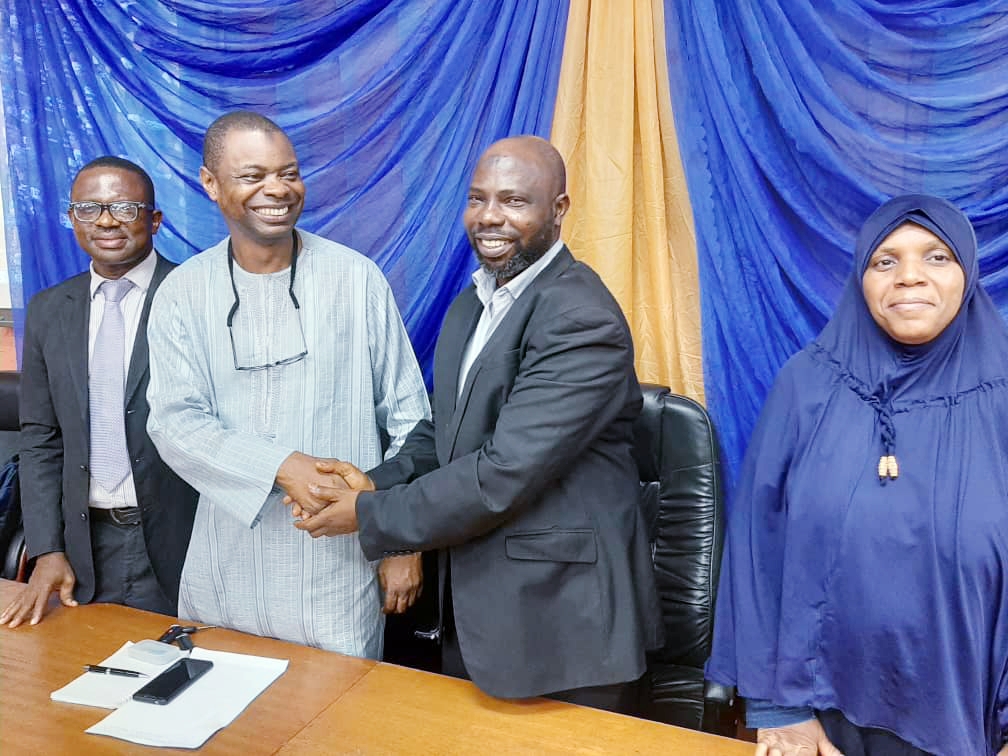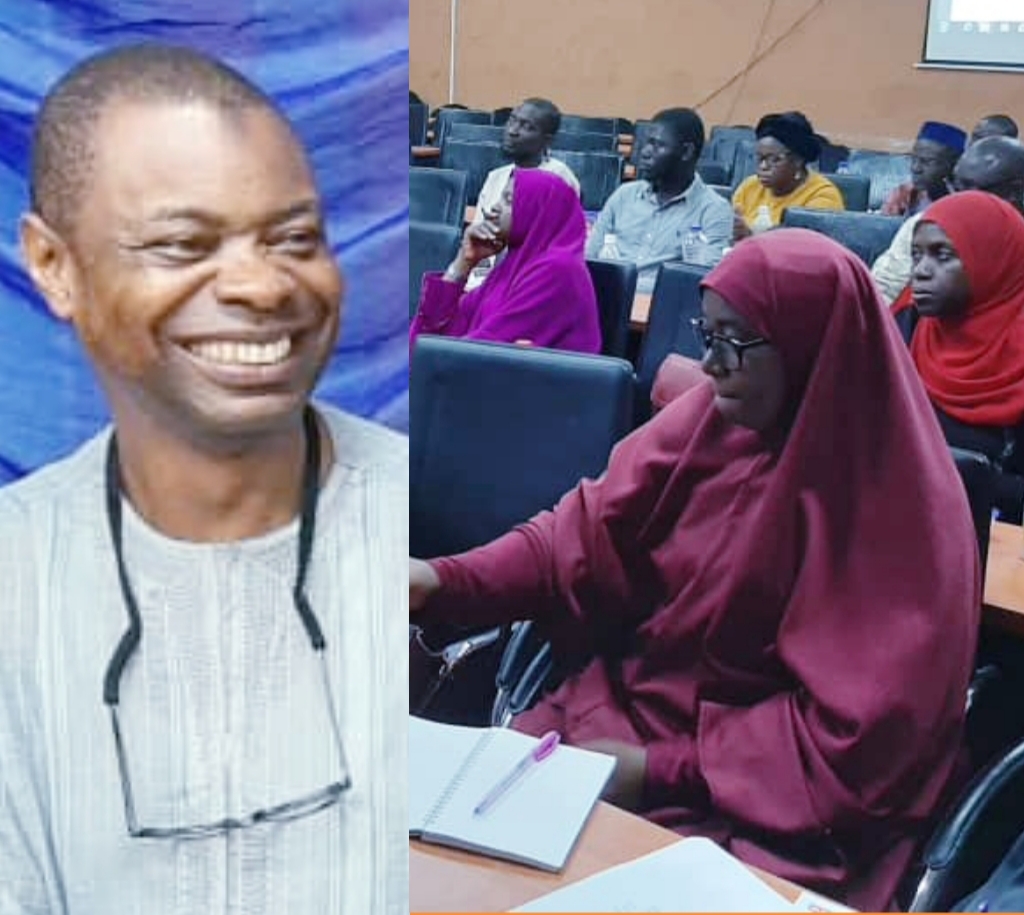An Associate Professor from the University of Lagos, Dr Tajudeen Yusuf, has said that the most important thing needed to float a business is a winning business idea and its packaging in line with its Unique Selling Points (USPs), adding that capital would naturally come when these two are available.
He made this known while speaking with Muslim News on the sidelines of a one-day seminar organised by the Institute of Islamic Finance Professionals (IIFP) over the weekend at the Faculty of Science Hall, University of Lagos, with the theme, “Islamic Finance: Tapping the Potentials”.
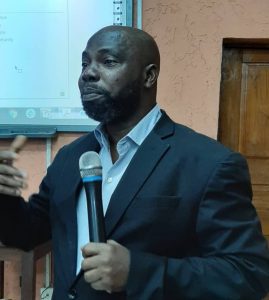
Dr Tajudeen, who is the acting President of the institute said contrary to widely held beliefs among people, capital is not the most important thing in starting a business, adding that having an idea and knowing how to package the business come first.
According to him, capital is not the first thing you need, but the idea and the packaging. If you have the idea and the packaging, I am sure the capital will come naturally. It is about visibility.There are people who don’t have the skills, they have the cash; you can go to them.
Speaking further, Dr. Tajudeen said, “There is what we call Mudaraba in Islamic Finance. An individual might have the skill but doesn’t have the fund. There are people who have the fund. You can come together, collaborate, and then you are in business.
“It is about the idea and the ability to recognise opportunities which are so widespread in Islamic Finance. So, you just need to have the idea and the right packaging. There are people who will fund you automatically because we are all rational human beings,” he added.
The Varsity Don told participants which had members and non-members of the Institute in attendance, that the seminar was an introductory course aimed at exposing them to opportunities in Islamic Finance.
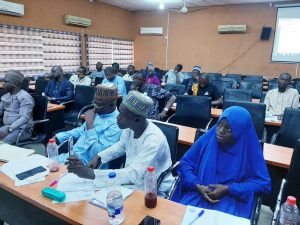
“There are a lot of opportunities for Muslims and non-Muslims to exploit in Nigeria today which could make them job creators”, he stated.
According to him, in this country today, there a lot of opportunities for Muslims and non-Muslims to tap from economically. Now that our huge population is wallowing in the yoke of poverty, the border closure has exposed to many Nigerians the opportunities available. So, we are having this programme to serve as an incentive to many Nigerian Muslims on how to tap from the opportunities available.
He said, “We have been able to expose our audience to the huge gap in all sectors of the economy: agriculture, manufacturing, construction, banking, insurance and all of that. We don’t actually need to be seeking job; we too can create jobs by ourselves courtesy of the Islamic Finance opportunities.
“There are a lot of investment opportunities that people are not tapping into. They can develop their entrepreneurial skills through all these. The opportunities are there! The legislation, the regulations are there, but nobody to tap from them. So, we are exposing the participants to these opportunities for them to key in and be strong players in the industry. If you are excluded financially, that means you are excluded socially,” he said.
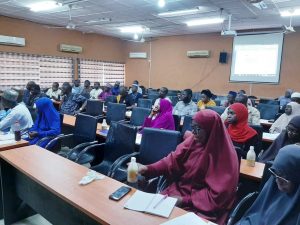
Explaining his position on the Federal Government’s closure of the land border, Dr Tajudeen said it has opened doors of opportunities for Nigerians, adding that, “Nigerians are now looking inward and local products are being promoted and employment rate is also improving”.
He said, “The land border closure policy has made Nigerians more inward looking. Look at the issue of rice. Are you not amazed at how many docile rice industries have been revived? Rice is a universal product. Nigerians can now see that they can grow rice. Other countries are crying that Nigeria has closed its border because we are an import-driven economy. But by so doing, we are indirectly killing our own productivity and ingenuity.
“So, you can now see that the quality of local rice is improving unlike it used to be before. How many people have been employed? Look at the data from the NBS in the third quarter, It is improving. I am very sure the figure that would be posted for the fourth quarter would be better. Let’s continue like that,” he added.
Other Speakers who shared their knowledge on the theme at the seminar are Dr Jubril Salaudeen and Hajiah Wasilat Olanrewaju-Odesina. Read their reports HERE and HERE.

